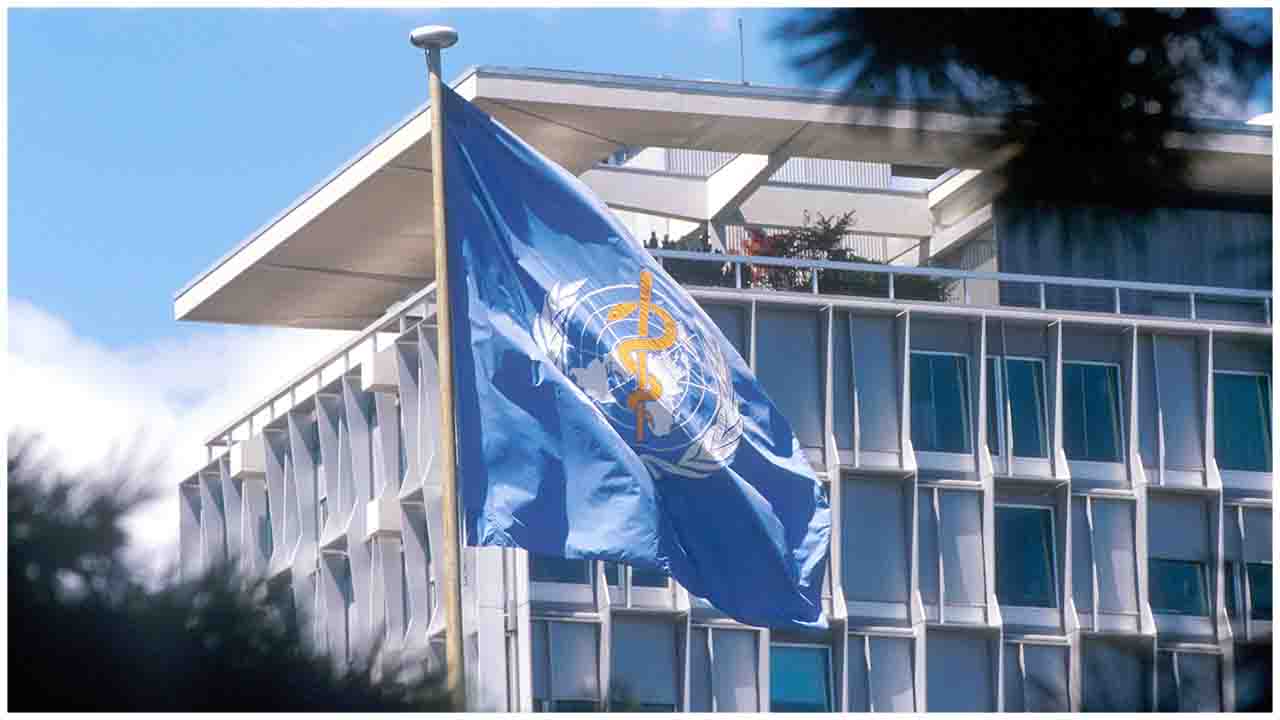With the start of the lockdown worlwide, many leading research bodies including ICMR predicted that the potency of the Novel Coronavirus will dwindle with time and progress of infection ie more it comes in touch with people less potent it would be but yesterday World Health Organization experts and a range of other scientists said on Monday there was no evidence to support that the coronavirus causing the COVID-19 pandemic has been losing potency.
Professor Alberto Zangrillo, head of intensive care at Italy's San Raffaele Hospital in Lombardy, which bore the brunt of Italy's epidemic, on Sunday told state television that the new coronavirus "clinically no longer exists".
But WHO epidemiologist Maria Van Kerkhove and several other experts on viruses and infectious diseases, said Zangrillo's comments were not supported by scientific evidence.
There is no data to show the new coronavirus is changing significantly, either in its form of transmission or in the severity of the disease it causes, they said.
"In terms of transmissibility, that has not changed, in terms of severity, that has not changed," Van Kerkhove told reporters.
It is not unusual for viruses to mutate and adapt as they spread. The pandemic has so far killed more than 370,000 people and infected more than 6 million.
Martin Hibberd, a professor of emerging infectious disease at the London School of Hygiene & Tropical Medicine, said major studies looking at genetic changes in the SARS-CoV-2 virus that causes COVID-19 did not support the idea that it was becoming less potent, or weakening in any way.
"With data from more than 35,000 whole virus genomes, there is currently no evidence that there is any significant difference relating to severity," he said in an emailed comment.
Zangrillo, well known in Italy as the personal doctor of former Prime Minister Silvio Berlusconi, said his comments were backed up by a study conducted by a fellow scientist, Massimo Clementi, which Zangrillo said would be published next week.
Zangrillo told Reuters: "We have never said that the virus has changed, we said that the interaction between the virus and the host has definitely changed."
He said this could be due either to different characteristics of the virus, which he said they had not yet identified, or different characteristics in those infected.
The study by Clementi, who is director of the microbiology and virology laboratory of San Raffaele, compared virus samples from COVID-19 patients at the Milan-based hospital in March with samples from patients with the disease in May.
"The result was unambiguous: an extremely significant difference between the viral load of patients admitted in March compared to" those admitted last month, Zangrillo said.
Oscar MacLean of the University of Glasgow's Centre for Virus Research said suggestions that the virus was weakening were "not supported by anything in the scientific literature and also seem fairly implausible on genetic grounds."
Experts and representatives of Johns Hopkins University, Wake Forest Baptist Medical Center, George Washington University and Northwell Health also said they were not aware of evidence suggesting that the virus had changed.
“The suggestion by the Italian doctor is potentially dangerous as it gives false reassurance based on no evidence,” said Leana Wen, an emergency physician and public health professor at George Washington University. “There is no scientific evidence for there having been a change in the coronavirus. It’s a highly transmittable and highly contagious disease. We need to be as on guard as ever.”
Story Input: Reuters

 Proving many research bodies and experts wrong,Coronavirus is still lethal, reported WHO, yesterday
Proving many research bodies and experts wrong,Coronavirus is still lethal, reported WHO, yesterday























.jpeg)








